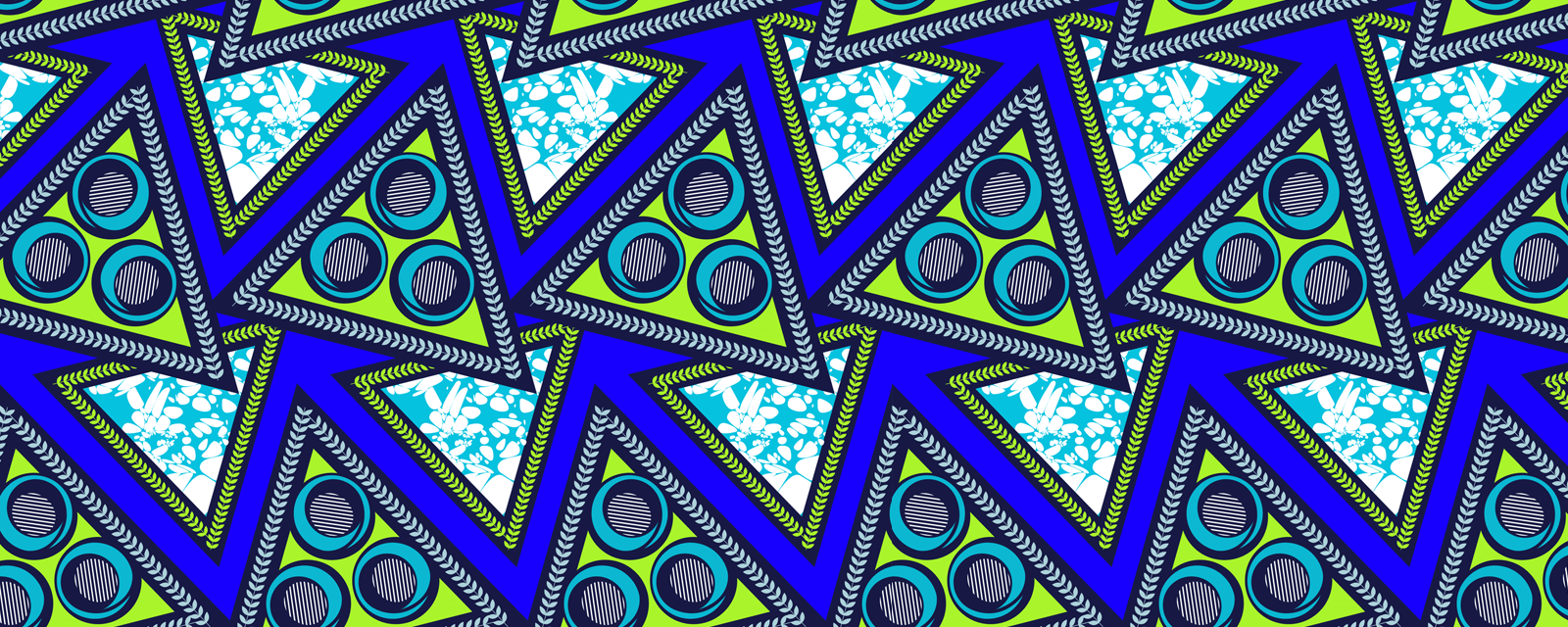Three poems of the Sukuma people of Tanzania, referring to the colonial invasions. The first two poems are songs of resistance, dating from the 1890s, when the German armies first arrived. Note the references helmets, wooden legs (i.e., long khaki trousers with tall boots) and rifles.
The third poem refers to World War I when British and German armies fought each other throughout East Africa, while the Belgians, with their reputation for atrocities, waited over the border in Zaire.
I
You my wife, Mama Mgumba, stop here:
Let us expel him out of our house!
They have hot eyes, the men with the helmet,
Eyes like wood, eyes like the lightning.
But in the distance even God thunders
Without effect.
It is possible to beat them with spears.
They are still children without experience,
They have not seen the inland country.
II
Put on my feathers which I wear when dancing,
I leave to meet the men with the wooden legs (1)
With rifles on their shoulders.
May they all die! May they all burst!
If I die, grass will grow up
In the yard of my house.
Who else shall clean it?
I have none to follow me.
The women will cry, ‘He is gone,
Who gave joy to the country’.
Through the euphorbia hedge will blow the wind:
Kinungumika is dead. (2)
III
Men fight in the land,
The Germans and the English.
God alone knows
What business of cattle is theirs,
But Katavi will bring back our men. (3)
Dig, O Bin Makoma, trenches in Tabora:
Others will arrive, the Belgians
Who eat men!
from Tanzania Notes & Records (4th October 1937)
translated by J. Koritschoner
Footnotes
- the men with wooden legs: refers to the long khaki trousers with tall boots worn by the German armies.
- Kinungumika is the singer of this poem.
- Katavi: A distinction is made between the God of the Europeans and Katavi, the Sukuma God

